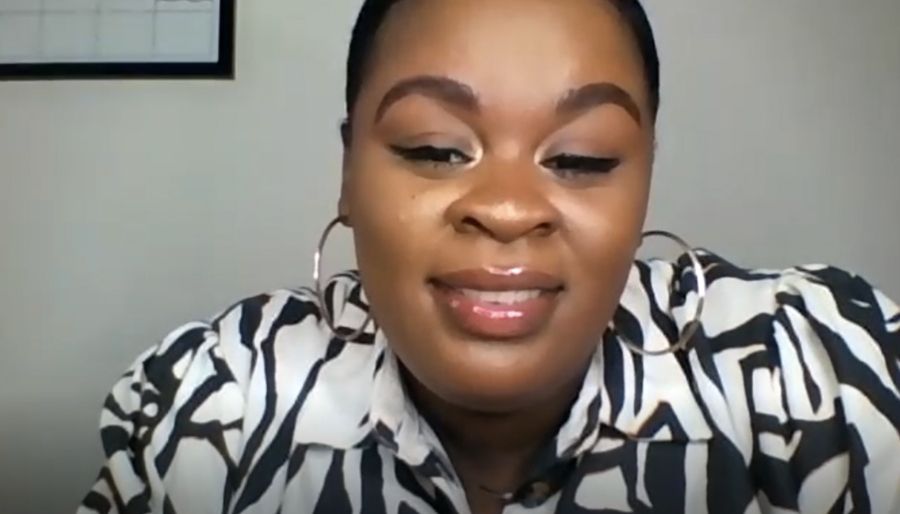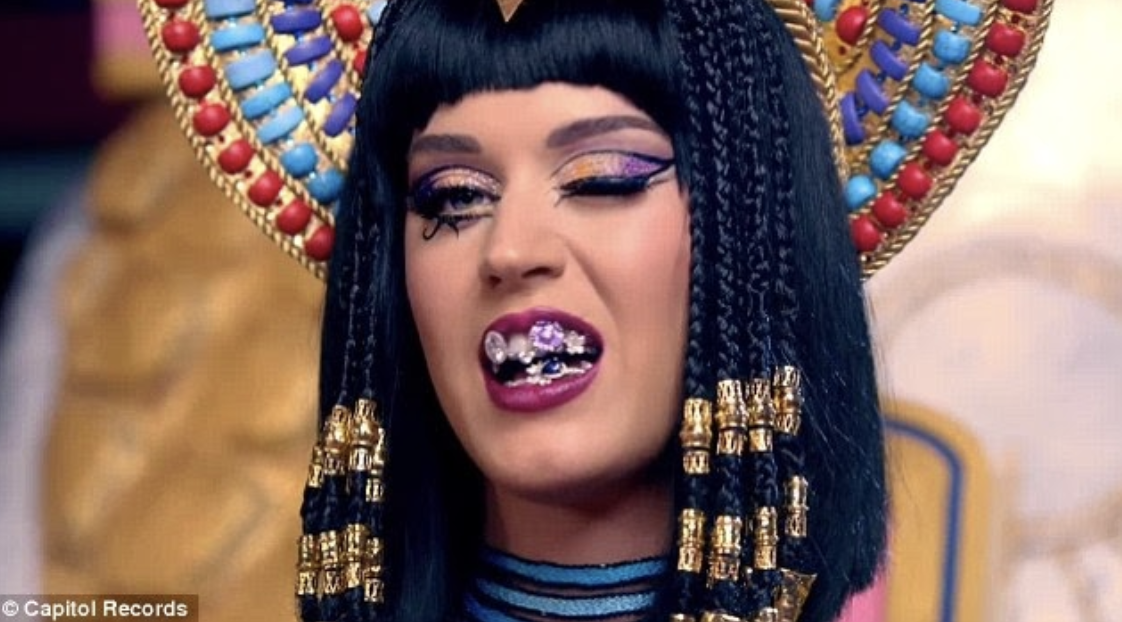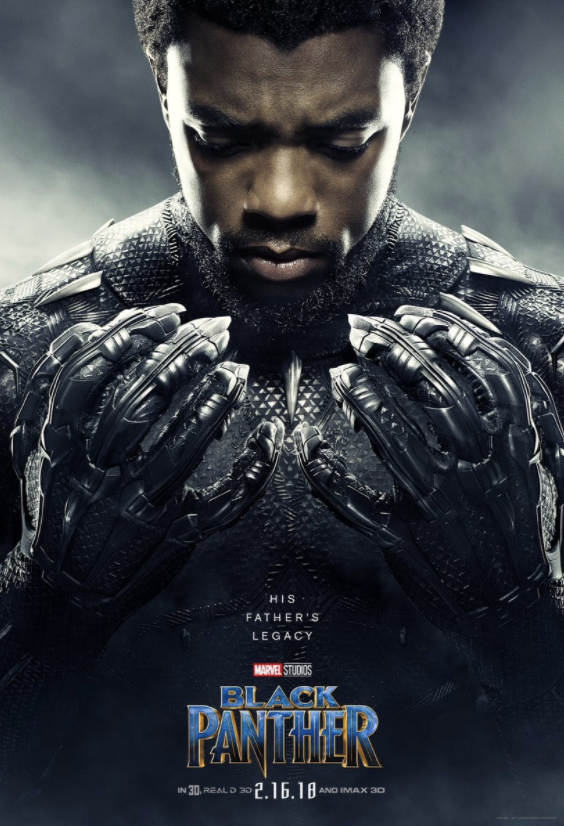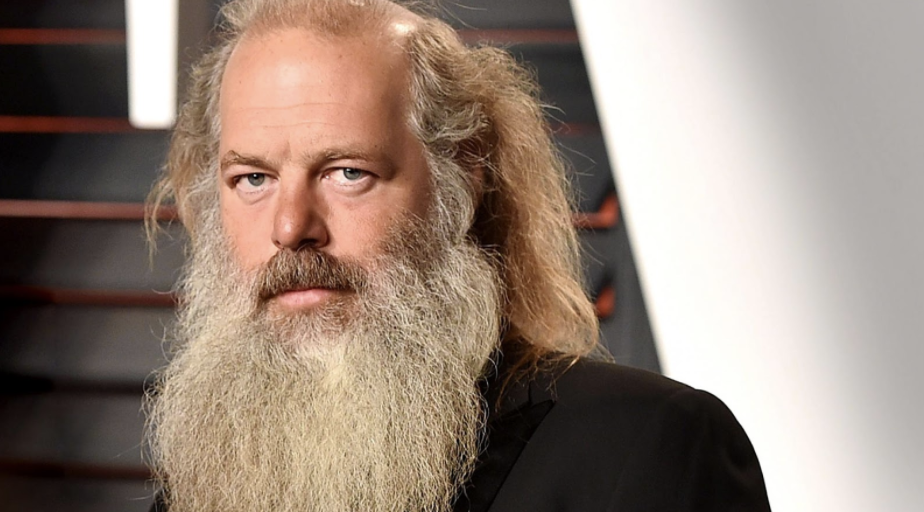Are you still confused about the difference between appreciating a culture and cultural appropriation? Just a glance at Instagram or Twitter, and you’ll soon realize you’re not alone.
UNF professor and Emmy award recipient Frank Goodin and Black Student Union President Nique McCloud told Spinnaker the biggest issue with appropriation involves not giving credit to the source before showing audiences.


Frank Goodin defines it this way.
“Appreciation is when someone takes the time to acknowledge and present some aspect of any culture in a way that is truthful, honest, respectful and thorough,” said Goodin. “For appropriation, there is usually some sort of ‘gain’ or exploitation that happens, be it for financial gain and not acknowledging the dignity of the people.”
Some look to famous people or popular brands as the gateway to another world that they may not have been previously exposed to. For example, in the late 80s, suburban kids may have never heard of hip hop if not for “MTV.” At the time, “MTV” gained popularity because musical artists became more accessible to their audience and to many others who had never listened to their music. With exposure to artists comes the influence.
Appropriation
Cultural appropriation has levels of severity that may either make or break an act, depending on the legacy. According to Goodin, cultural appropriation in the media can go as far back as Elvis Presley. Goodin says Elvis Presley’s music was copied directly from legendary recording artist, Chuck Berry.
“When someone says something about the roots of ‘rock and roll,’ you trace that directly into [taking] an aspect of another culture that wasn’t yours and not given any respect,” said Goodin. “You would have to research it to know.”
Goodin says most artists may not know they are appropriating a culture. Artists may feel as if they are celebrating a certain look by demonstrating it themselves, thereby bringing awareness to their audience. The judging of appropriation versus appreciation comes from the audience’s view of art. Some may see Katy Perry’s fashion choices as appropriation because she is portraying women of different cultures and deem it offensive because she is not derived from those cultures.

I feel like it was cultural appropriation in the ‘attempt’ of trying to create a piece that was appreciative,” said Goodin. “[If it is appropriation or not] is a point-of-view thing in relation to who you are in relation to this thing that she has created.”
As popular as the Kardashians are, UNF Black Student Union’s Nique McCloud believes they are culturally appropriating with their braided hairstyles. She goes on to say that it is not a big issue with them having it, but it has more to do with the lack of attribution for the culture responsible.

“They weren’t really saying anything about the blogs that posted they originated the style and calling them ‘boxer braids’,” she said. “You’re basically allowing it to be passed off as something you created.”
Appreciation
Goodin thinks that having something good to say about a culture can go a long way when deciding appropriation versus appreciation. Celebrating a culture with truth and positivity can resonate with an audience to generate much media success while promoting awareness. The latest example is Marvel’s Black Panther.

McCloud agrees, saying “A lot of the representation we have seen in the film world has been [African Americans] portrayed as thugs, slaves, maids, or any of these negative stereotypes that we are already seen as but we are so much more than that. So I think the fact that we have been deprived of good representation for so long has contributed to the success of Black Panther.”
McCloud said that the fact that Black actors were portrayed as kings and queens gave a refreshing light to how Blacks are portrayed in the media. Black Panther grossed $1.4 billion worldwide and became the highest grossing solo hero film of all time. Although the lead actor, Chadwick Boseman (1976-2020), is originally from South Carolina, he was well received from audiences worldwide including audiences from Africa.
According to Goodin, attribution is key to determining what is appropriating. There are people that have appreciated a certain culture and moved it forward outside of cinema. Frederick Jay “Rick” Rubin, along with Russell Simmons, is the co-founder of Def Jam Recordings, the first record label centered completely around rap music. Rick Rubin loved punk rock music but he fell in love with Hip Hop after he moved from Long Beach, New York to Manhattan. Rubin found acts like LL Cool J, Run-DMC and Public Enemy. Rubin demonstrates that you can be from one culture while celebrating progressing another.

Both Goodin and McCloud believe appropriation is due to lack of attribution, absence of awareness and effortless research. McCloud says that if you are going to appropriate or bring awareness to a culture that you are not a part of then the way you present it needs to be delicate and considerate of people’s feelings. Media is the gateway to other cultures but the audiences make the determination of how art is deciphered. Whether art is appropriated or appreciated, the end result leads to conversations and awareness.
__
For more information or news tips, or if you see an error in this story or have any compliments or concerns, contact editor@unfspinnaker.com.












Guillermo F. Perez-Argüello | Sep 23, 2020 at 4:06 pm
Without typo errors,
Frank Goodin is the one who should have done the reaseach, Elvis Preskey beat Chuck Berry at the plate by a full 12 months, having recorded and released three singles at SUN before Berry recorded his first at Chess. And the African American musicians who influeced the young Presley were NOT the same ones who influenced Berry, One was influenced by rural blues, the other urban. One was infLuences by black gospel, the other was not . One was influenced by Mario Manza , Dean Martin and Hank Willimas, the other was not . And neither Presley nor Berry were influenced by the earLy Little Rochard of 1951, or the early fats Domino of 1952. For the millionth and hopefully the last time, the blues and black gospel musicinas who influnced the young Presjey were Arthur Crudup, Jesse Stone, Roy Brown, Kokomo Arnold, Ike Turner, Arthur Gunter, Jr, Parker. Rosemarie McCoy and Thomas A. Dorsey, not Chuck, Bo, Richard, Fats, and Ray Charles, all of whom he adored, but did not influence him to take up a career in music. His career path was already set when he heard them. That is why his 1955′ cover of “Mystery Train” bears zero relationship with Berry’s earlier work, in spite of having been recorded AFTER he became a full fledged Berry’s fan. And only someone with a tiny mind would suggest that a child who interacted in East Tupelo, with black children and musicians and who, unlike 99.99 % of those born in 1935, had an unerring ear, a phitograhic memory and the most eclectic vocals chords of anyone, in history, would be guilty of cultural appropriation.
Guillermo F. Perez-Argüello | Sep 23, 2020 at 3:55 pm
Frank Goodin is the one who should have dnne the reaseach, Elvis Preskey beat Chuck Berry at the plate by a full 12 months, having recorded and released three singles at SUN before Berry recorded his first at Chess. And the African American musicians who infleuced the young Presley were not the same ones who influenced Berry, One was influenced by rural blues, the other urban. One was infkuences by black gospel, the other was not. One was influenced by Mario Manza, Dean Martin and Hank Willimas, the other was not. And neither Presley nor Berryy were influenced by the eary Rchard 1951, or the early Domino, 1952. For the millionth and hopefully the last time, the blues and blacl gospel musicnas who infleuced Presjey were Arthur Crudup, Jesse Stone, Roy Brown, Kokomo Arnold, Ike Turner, Arthur Gunter, Jr, Parker. Rosemaie McCoy and Thomas A. Dorsey, not Chuck, Bo, Richarrd, Fats, and Ray Charles, all of whom he adored, but did not influence him to take up a career in music. His career path o was already set when he heard them. That is why “Mystery Train” bears zero relationship with Berry’s earlier work, in spite of having beenb recirded after he became Berry{s fan.